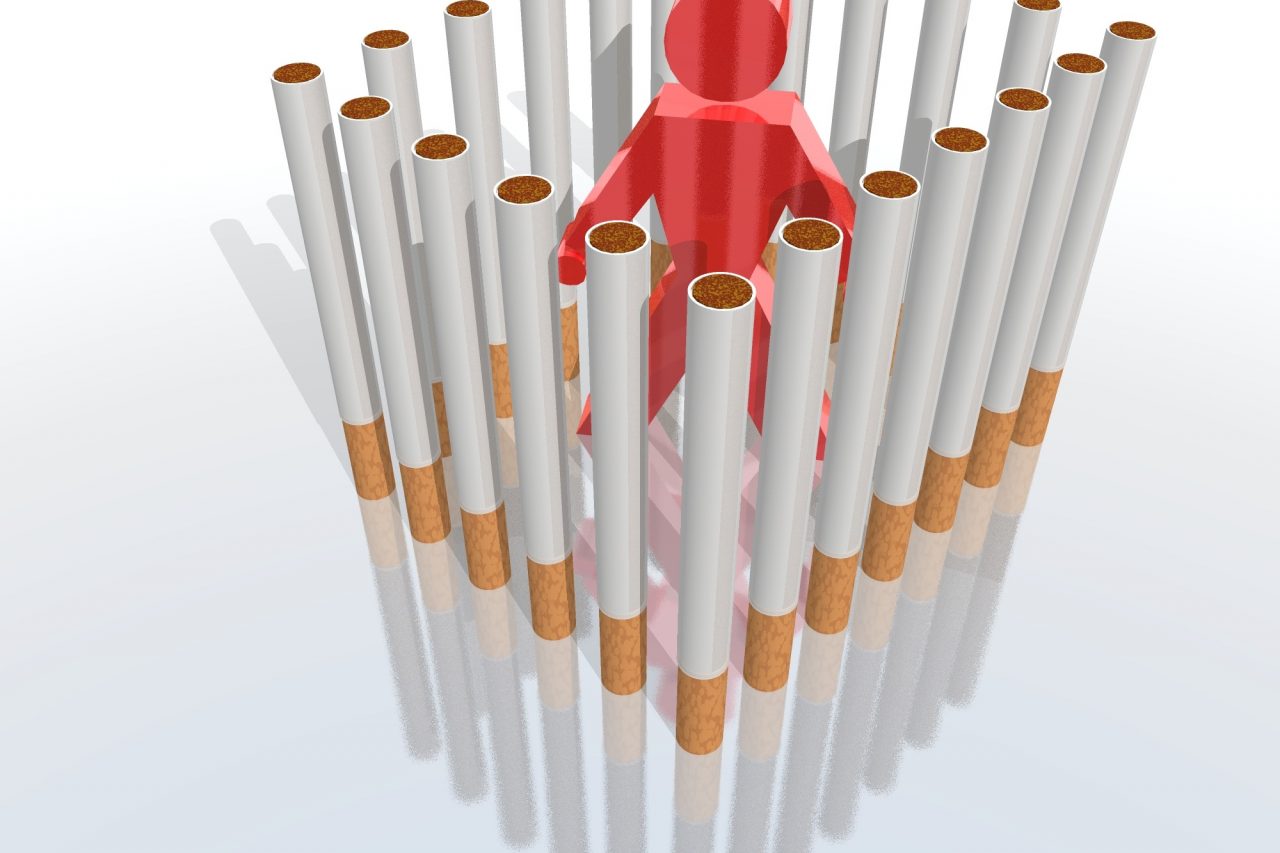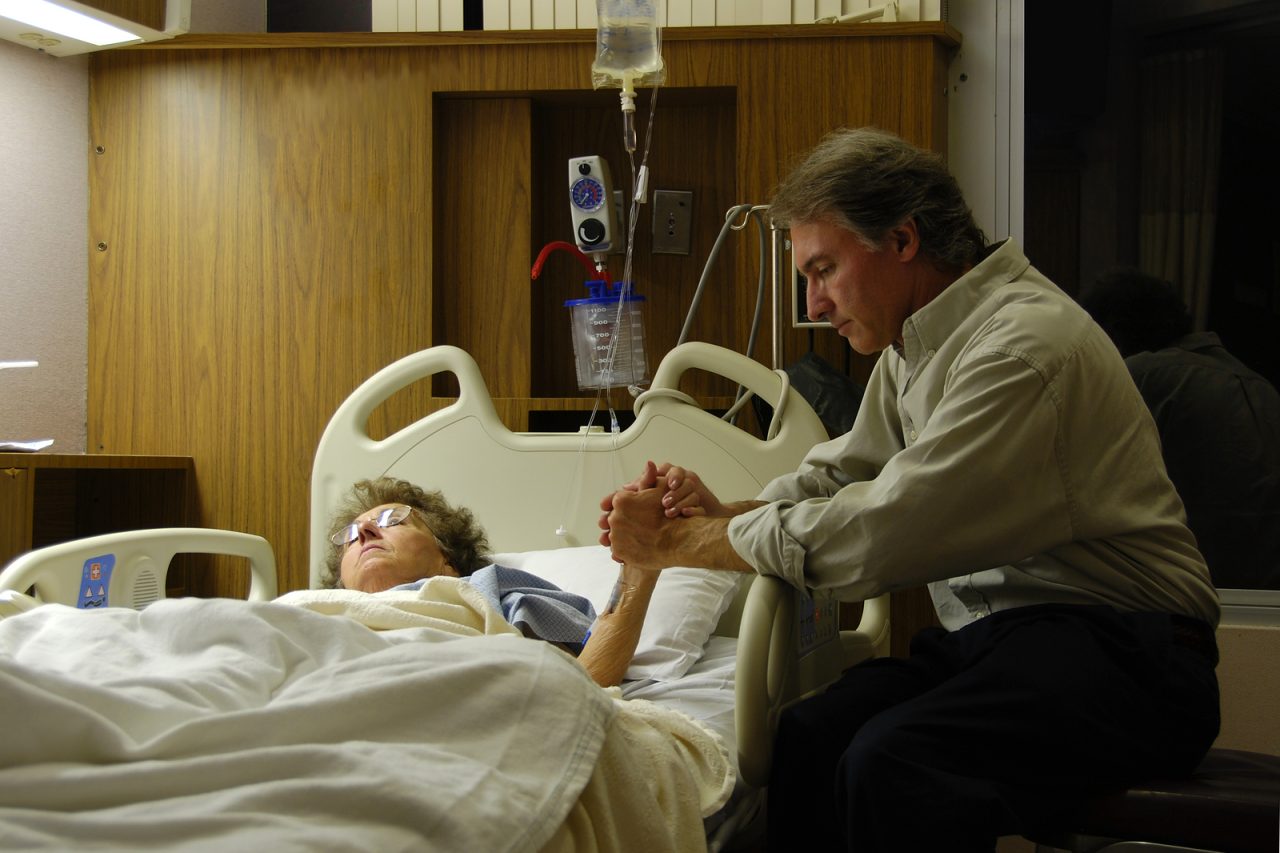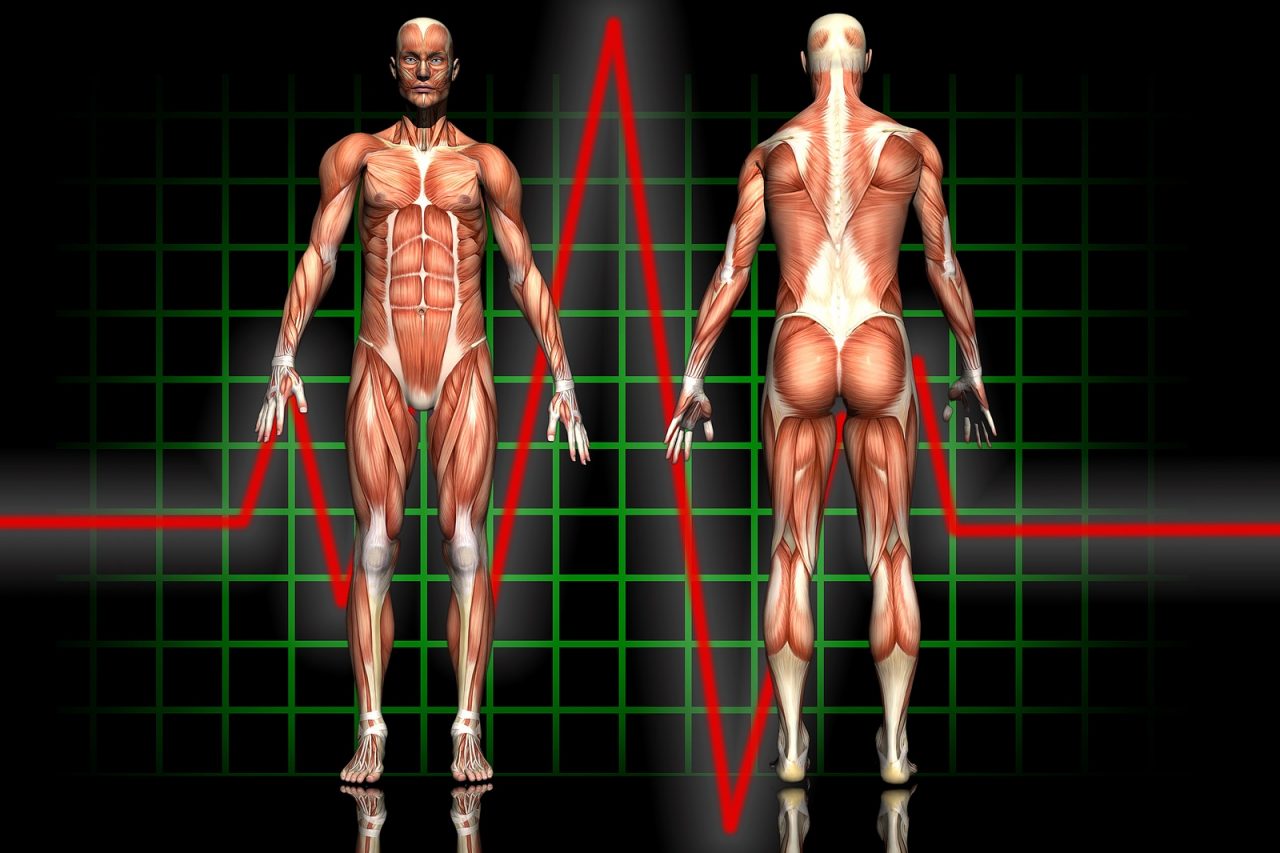A colleague complained that during a particular type of critical conversation his advice is ignored. Women with breast cancer deciding whether to have mastectomies disregard his guidance and seem to have reached a conclusion before he discusses the issue. Given that this physician has committed his career to the study and treatment of breast cancer, communicates clearly and patiently, projects caring and compassion, I thought that his observation warranted discussion.
Some will say that this perceived failure of women to discuss something so personal with a man, has an obvious base; there is distance, because there is no natural empathy. For some women and male doctors that is valid, and is at least a partial explanation.
However, there are many doctors, men and women, who understand and connect with members of the opposite sex about deeply personal issues. They share the experience of being human and are able to advise their patients in a compassionate and supportive way.
Could the problem be The Internet? This infinite treasure trove better prepares and educates. In doing so may create a gap between doctor as teacher and patient as student. Women contemplating an action so momentous as losing one or both breasts, may spend hours studying and becoming an “expert” in their disease. The patient may be so well prepared as to project a position of finality when they sit down for a consult.
However, it is more my experience that online education forms the basis for enhanced discussion by teaching language, science and listing alternatives. Then the physician’s role is to put the patient’s specific case in context and to rank choices in a realistic way; to balance risk and benefit.
Could the issue be an absence of trust? In that case, patients will have little regard for the doctor’s opinion. However, frankly speaking, in an elective medical situation, it is unlikely that every patient who sees this doctor has lost confidence in his ability.
I suspect that the biggest issue has to do with the changing dynamic of the medical conservation. Once-upon-a-time, in the paternal days of medical care, the doctor decided for patients, as he would decide for his own children. It was a simpler time both in our homes and in the physician’s clinic. Father knows best. Do not talk unless spoken to. Spare the rod and spoil the child.
The movement toward individual patient empowerment has changed the tone and balance of the conversation. The doctor is no longer the final decision maker, if really he ever was. The doctor is advisor, educator and guide. He is not the pilot; he is the assistant navigator. The captain patient decides not only destination, but also the journey’s path.
For certain doctors, at certain times, this change in how information is shared and decisions made, may sound like the patient is not listening. The doctor may feel superfluous or disrespected. I suspect this is a failure of the physician to understand the dynamic of “modern” medical conversation. The patient means no disrespect, but may automatically feel in change.
In raising children, they call it “scaffolding.” Give the child as much freedom as they want, need and deserve, but always stay near, ready to advise or support if they start to falter or fall. Allow the child to explore, but not be harmed.
In healthcare, scaffolding has a place. The difference is that while the child has the illusion of decision-making and independence, for the patient these are absolute requirements. Still, the doctor needs to educate, support, and always stay near, ready to advise or catch the patient if they begin to fall.
Every relationship between every patient and every doctor is different and changes continuously. There are times when the doctor is absolutely in control, such as in medical extremis or in the operating room. At other moments, the patient must stand completely alone. Some patients want or need more control, and others less. Families are part of the control matrix. Ongoing changes in a patient’s health alter how information and decision making flows.
One of the greatest advances in healthcare of the last 10-20 years has been the change in The Conversation. Successful medical care has always required patient understanding, thought and commitment. Our continued movement toward involved, educated and empowered patients is as important as sequencing the genome. Doctors must understand that medical decisions are about the patient, and not feel threatened, guilty or confused. We must applaud when the patient steps up and says loudly, “It is about me!”






19 Comments